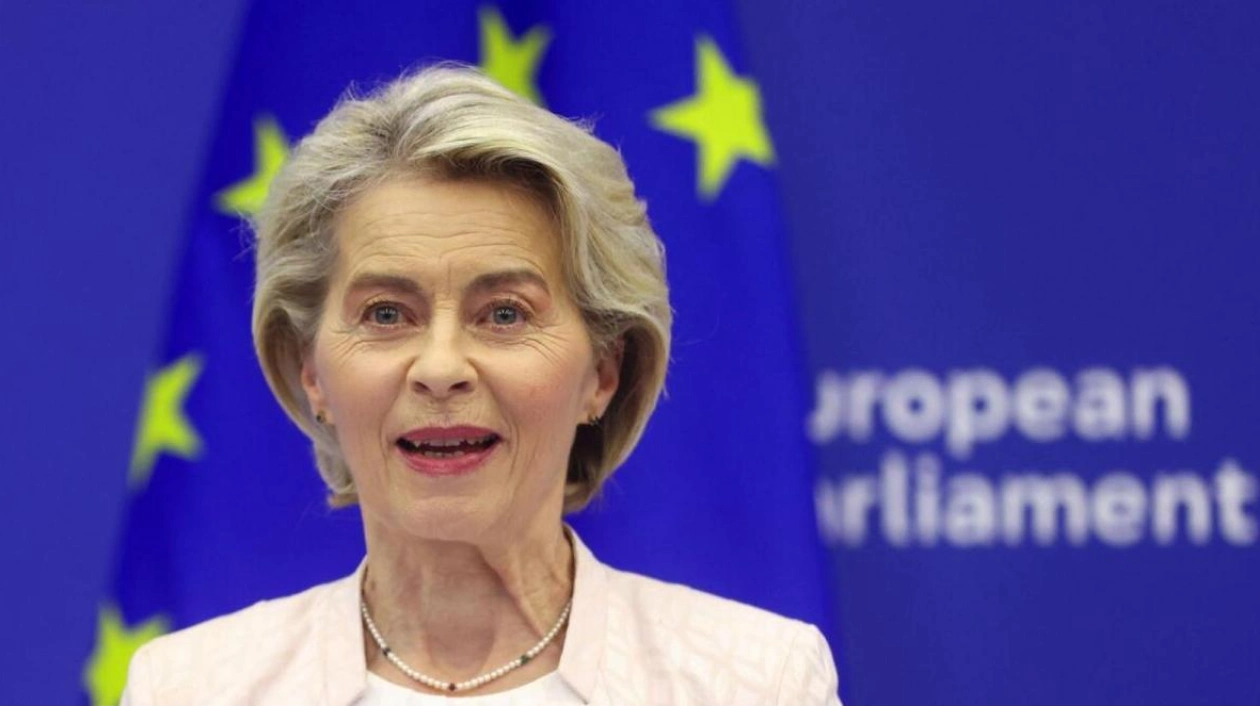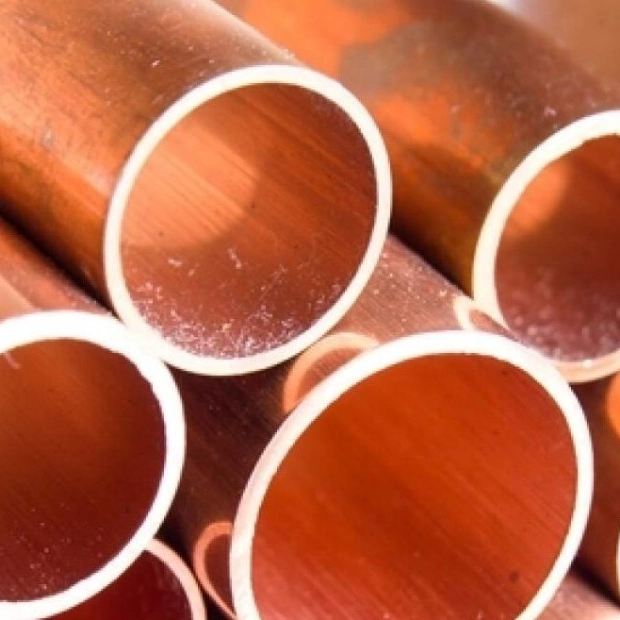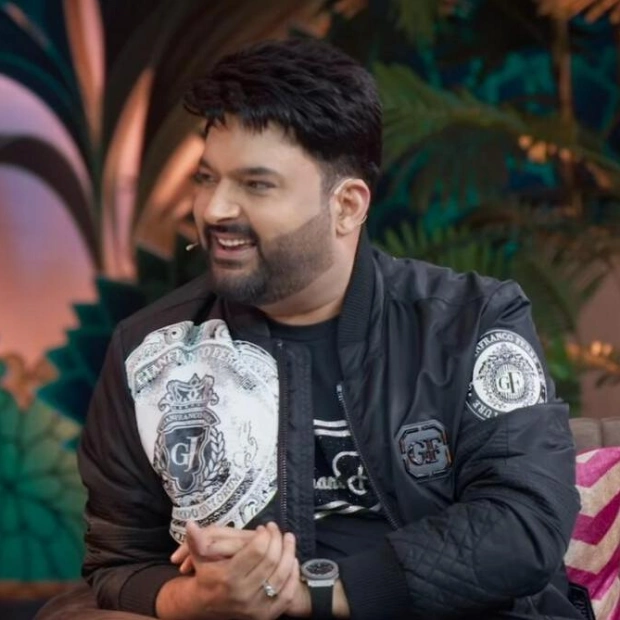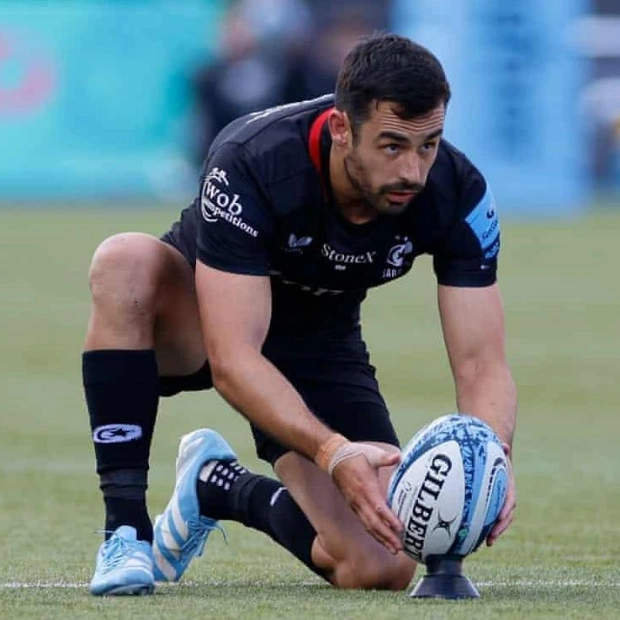EU chief Ursula von der Leyen on Thursday requested member countries to propose candidates — a man and a woman — for her next European Commission, emphasizing her goal for gender balance. Von der Leyen set a deadline of August 30 for EU capitals to respond to her letter, allowing her to finalize her selections and schedule confirmation hearings in the European Parliament for September and October.
Last week, following the EU elections in June, the European Parliament confirmed von der Leyen for a second five-year term. She announced that she would replicate the process used for her current, outgoing group of commissioners. In her letter, she instructed capitals to submit "a man and a woman as candidates" for interviews in mid-August, after which she would make her selection.
"Once again, I will aim for an equal share of men and women at the... table," she stated. The sole exception would be if an EU country renominated a current commissioner. Each of the EU's 27 member countries is entitled to a commissioner, with von der Leyen, a German, occupying her country's position. EU leaders have already nominated Estonian former prime minister Kaja Kallas for the bloc's foreign policy chief, who will also serve as a commission vice president.
However, it remains uncertain whether all member countries will adhere to von der Leyen's directive. For example, Ireland has already proposed only one candidate — a man: former finance minister Michael McGrath. Commission spokeswoman Arianna Podesta declined to speculate on what von der Leyen might do if her two-candidate demand is ignored.
Some countries have expressed a desire for their current commissioners to continue. French President Emmanuel Macron suggested in late June that he would like EU internal market commissioner Thierry Breton to remain. However, with France's next government post-July elections yet to be determined, it is unclear whether this decision lies with Macron or his future prime minister.
EU treaties do not mandate member countries to offer more than one candidate for the commission, though they stipulate that the choice must be approved by the commission president. If Kallas is confirmed as commission vice president, four out of five of the European Union's most influential and high-profile posts will be held by women. Von der Leyen is president of the incoming commission; Malta's Roberta Metsola continues as speaker of the European Parliament; Christine Lagarde of France is head of the European Central Bank; and Kallas would fill the vice president/high representative role. The fifth post — that of European Council president, who chairs summits of EU leaders — has already been decided, and from December will be former Portuguese prime minister Antonio Costa, a man.






